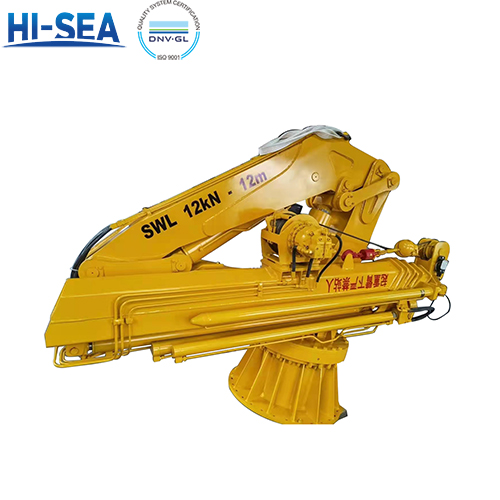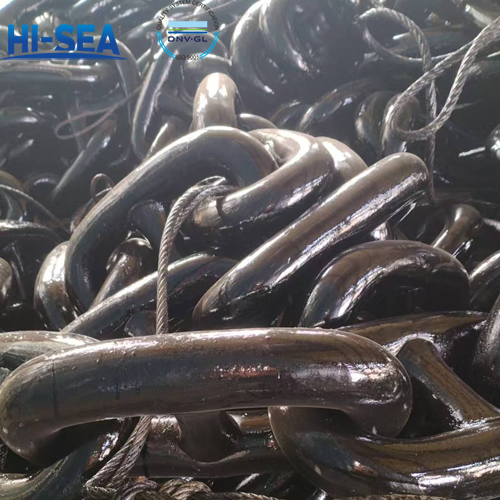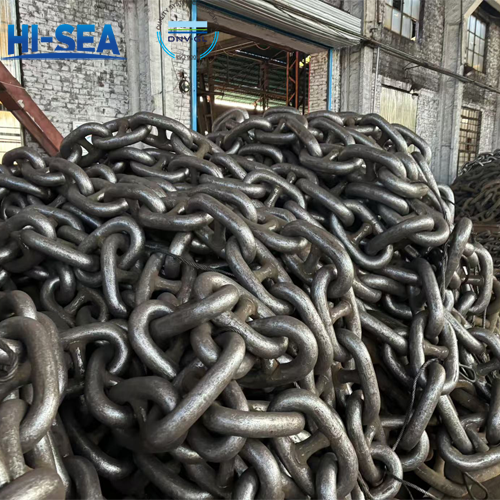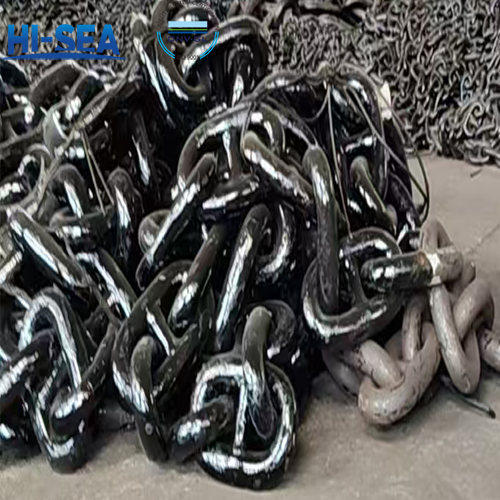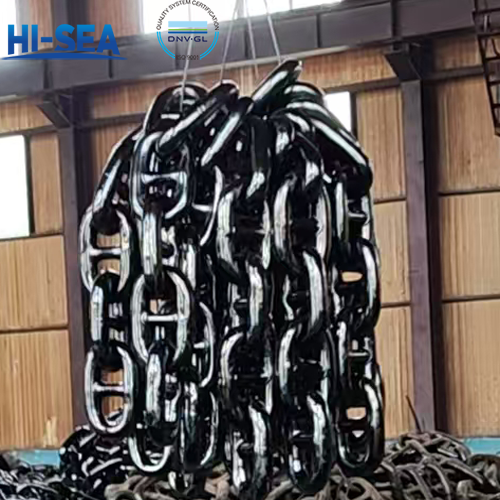
The causes of hydraulic crane malfunctions
After classifying and analyzing the common faults of hydraulic cranes, it is believed that the main reasons for the high failure rate of hydraulic cranes are improper daily maintenance and management, severe hydraulic oil pollution, and disrepair of hydraulic equipment.
Overview
After classifying and analyzing the common faults of hydraulic cranes, it is believed that the main reasons for the high failure rate of hydraulic cranes are improper daily maintenance and management, severe hydraulic oil pollution, and disrepair of hydraulic equipment. Specifically manifested as:
Lack of daily maintenance for hydraulic oil
Not discharging residue from the bottom of the oil tank before each arrival or use, the filter cannot be cleaned for a long time, and the filter element cannot be replaced regularly, resulting in a large pressure difference between the front and rear of the filter and being in a bypass state for a long time, which prevents the hydraulic oil from being filtered properly. The solid particle pollutants in the hydraulic oil greatly exceed the minimum usage requirements of the hydraulic crane, causing serious wear and tear of the moving parts in the hydraulic motor and pump, as well as jamming of the hydraulic control valve and other faults.
Improper use of hydraulic oil
Hydraulic oil is not replaced according to requirements after long-term use; Mixing new and old hydraulic oil for use; Not filtering the hydraulic oil properly during oil replenishment can cause a large amount of pollutants to mix in; Not paying attention to maintaining the cleanliness of the system during disassembly can also contaminate the hydraulic oil; The fuel tank vent filter does not receive proper maintenance and is severely damaged, causing a large amount of pollutants to enter the system.
Lack of maintenance for the water seal system of hydraulic crane
Causing erosion of hydraulic equipment by wind, waves, and rainwater, and mixing them into hydraulic oil, accelerating the emulsification and deterioration of hydraulic oil. In addition, the condensation of water vapor in the air inside the fuel tank caused by the temperature difference between day and night is also an important factor in causing excessive water content in the oil in the hydraulic crane.
Other reasons
(1) After a major overhaul of the hydraulic system due to wear and tear faults, necessary flushing of the system and oil tank was not carried out, resulting in the same type of fault occurring repeatedly on the same crane.
(2) Lack of maintenance for hydraulic pipelines. When there are signs of failure in oil pipes and pipe joints, timely maintenance is not provided, resulting in pipe bursts, pipe joints being dislodged, causing a large amount of hydraulic oil leakage in the system and polluting the environment.
(3) Lack of maintenance for the hydraulic system of the crane. When there is disharmony in the operation of the hydraulic system, it cannot be adjusted in a timely manner, resulting in serious impact and vibration of the hydraulic system, and working with defects until it is damaged.
(4) The aging of seals and accumulator bags, failure of springs, etc. cannot be replaced in a timely manner, and there is a lack of regular maintenance of equipment, resulting in a high failure rate of vulnerable parts.
(5) Management and maintenance personnel lack necessary professional knowledge, fault diagnosis ability, and maintenance skills. When a hydraulic crane malfunctions, blind maintenance can turn simple faults into complex ones, leading to secondary failures. This not only wastes manpower and maintenance costs, but also delays the shipping schedule.
(6) The lack of necessary spare parts and specialized tools on board affects the normal progress of maintenance work and the success rate of maintenance, thereby affecting the normal loading and unloading of goods and the shipping schedule.
(7) The maintenance of hydraulic crane is very troublesome and laborious, but the incentive measures are not matched, which affects the self repair enthusiasm of the engine management personnel, resulting in high maintenance costs.
For more marine crane information, kindly please click here.

